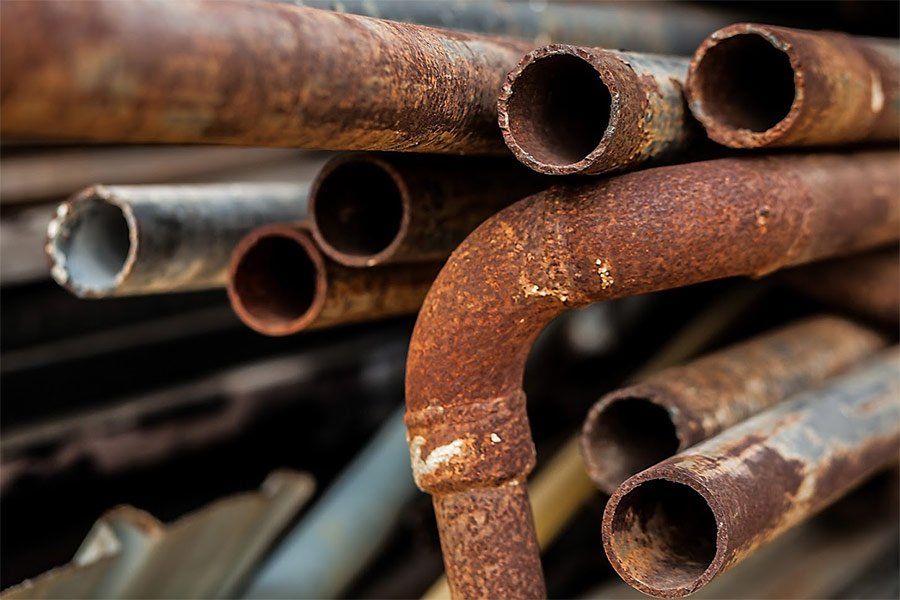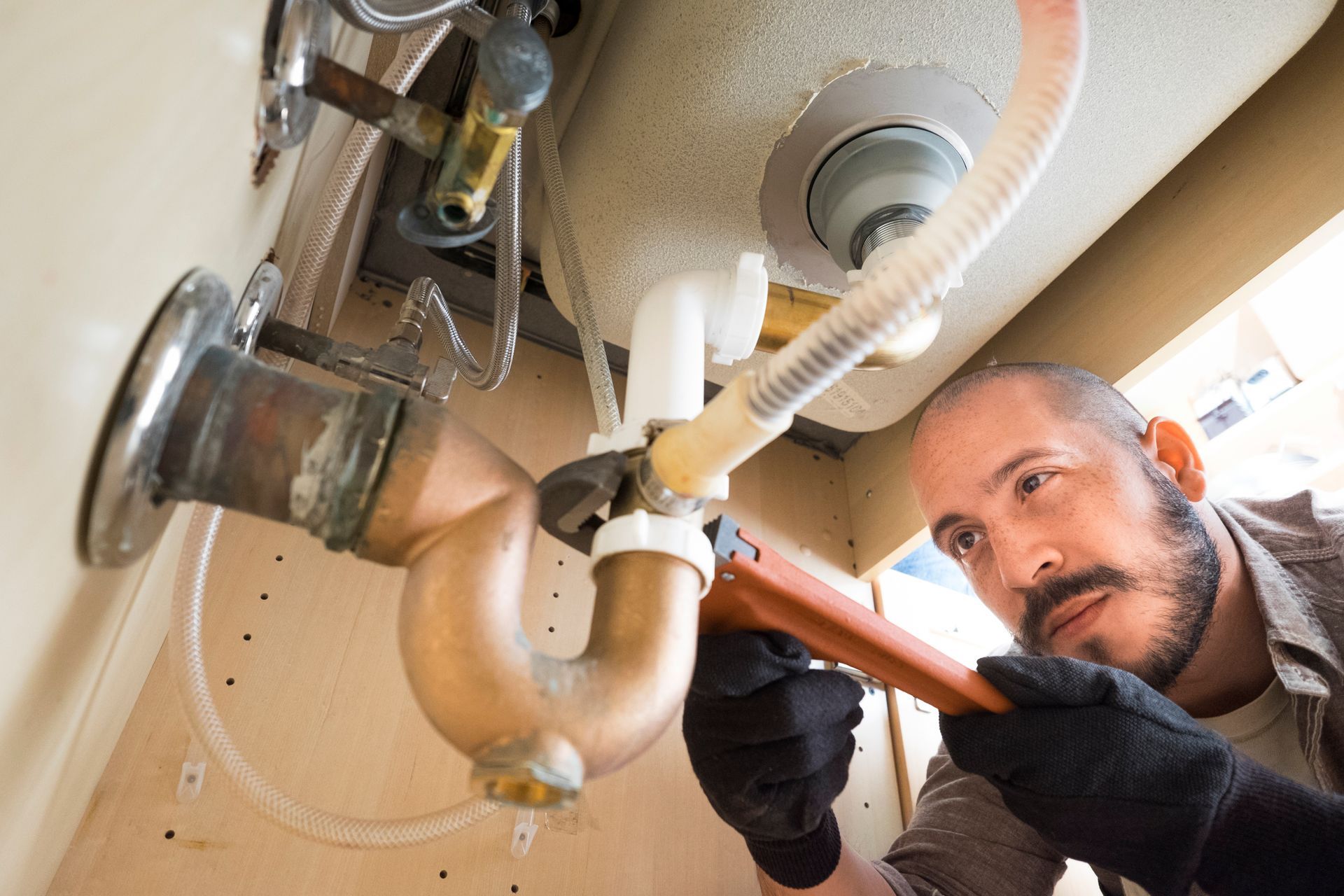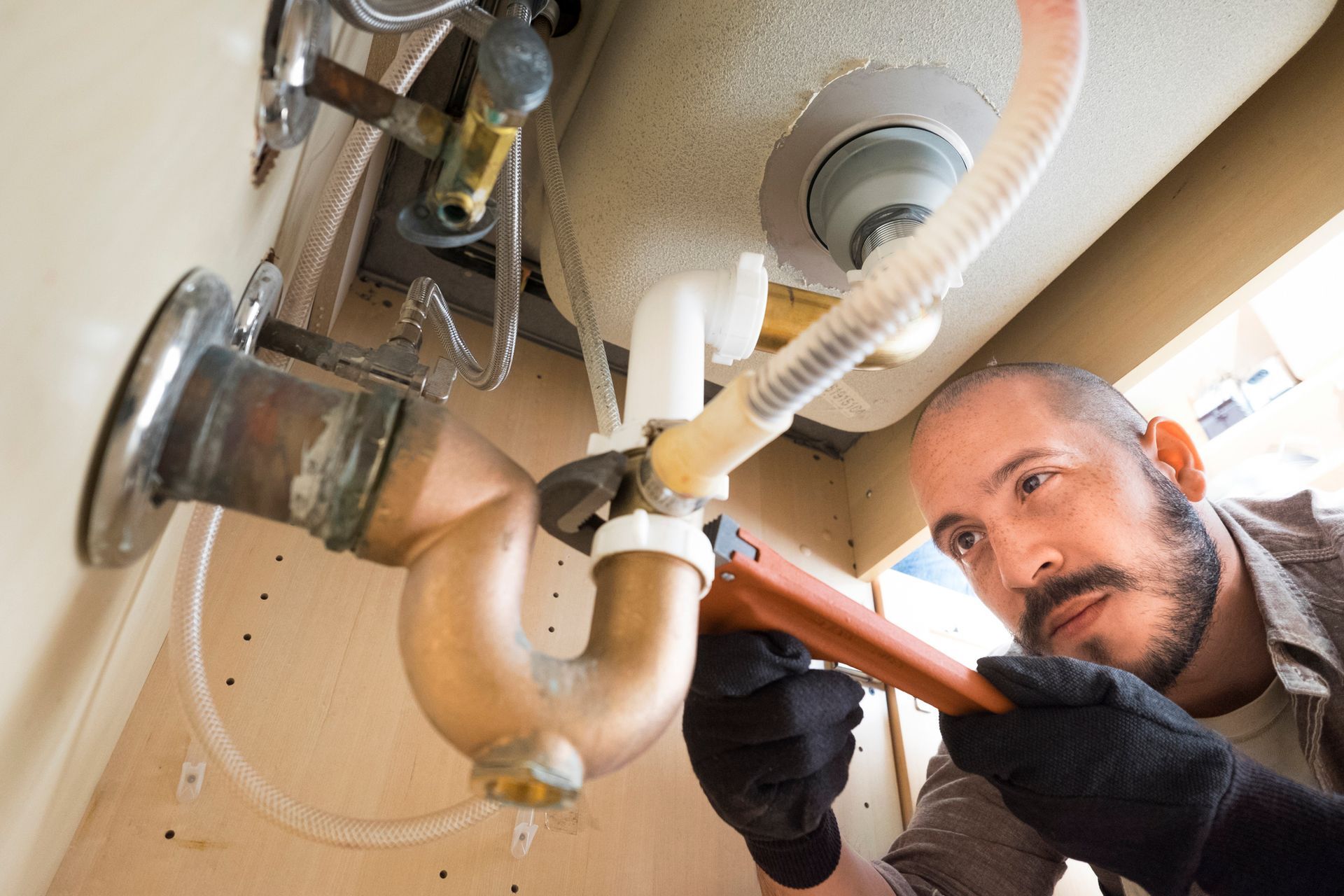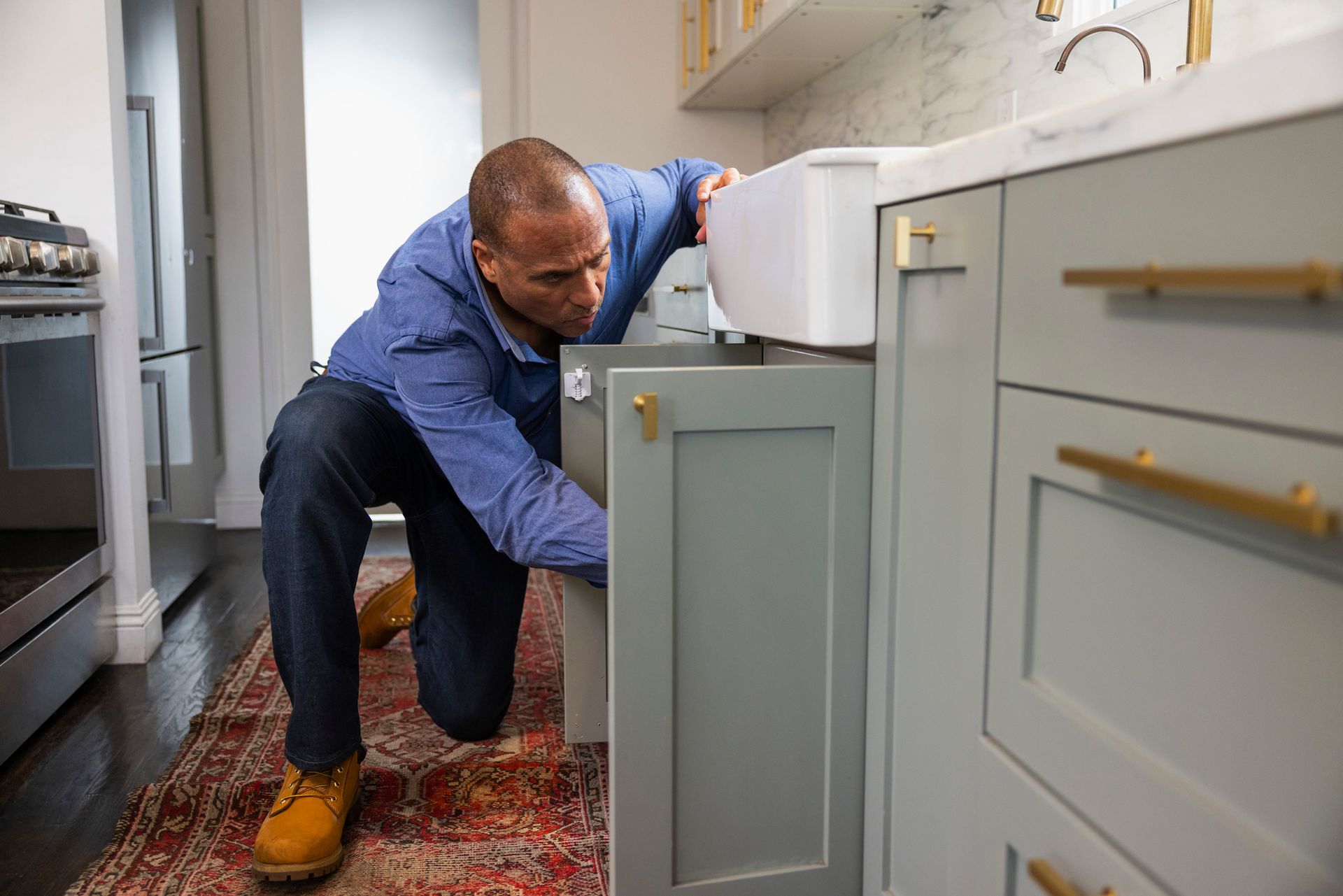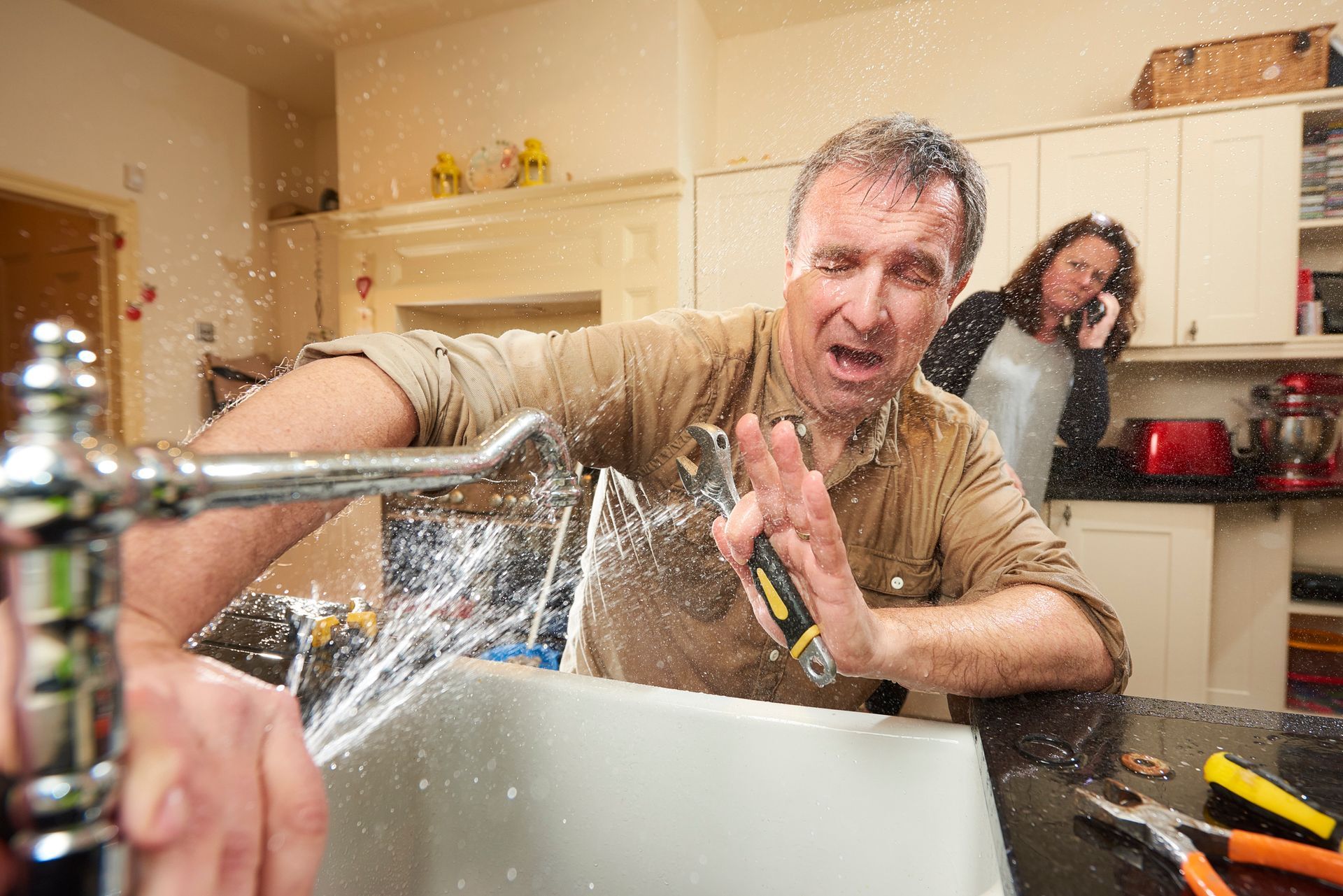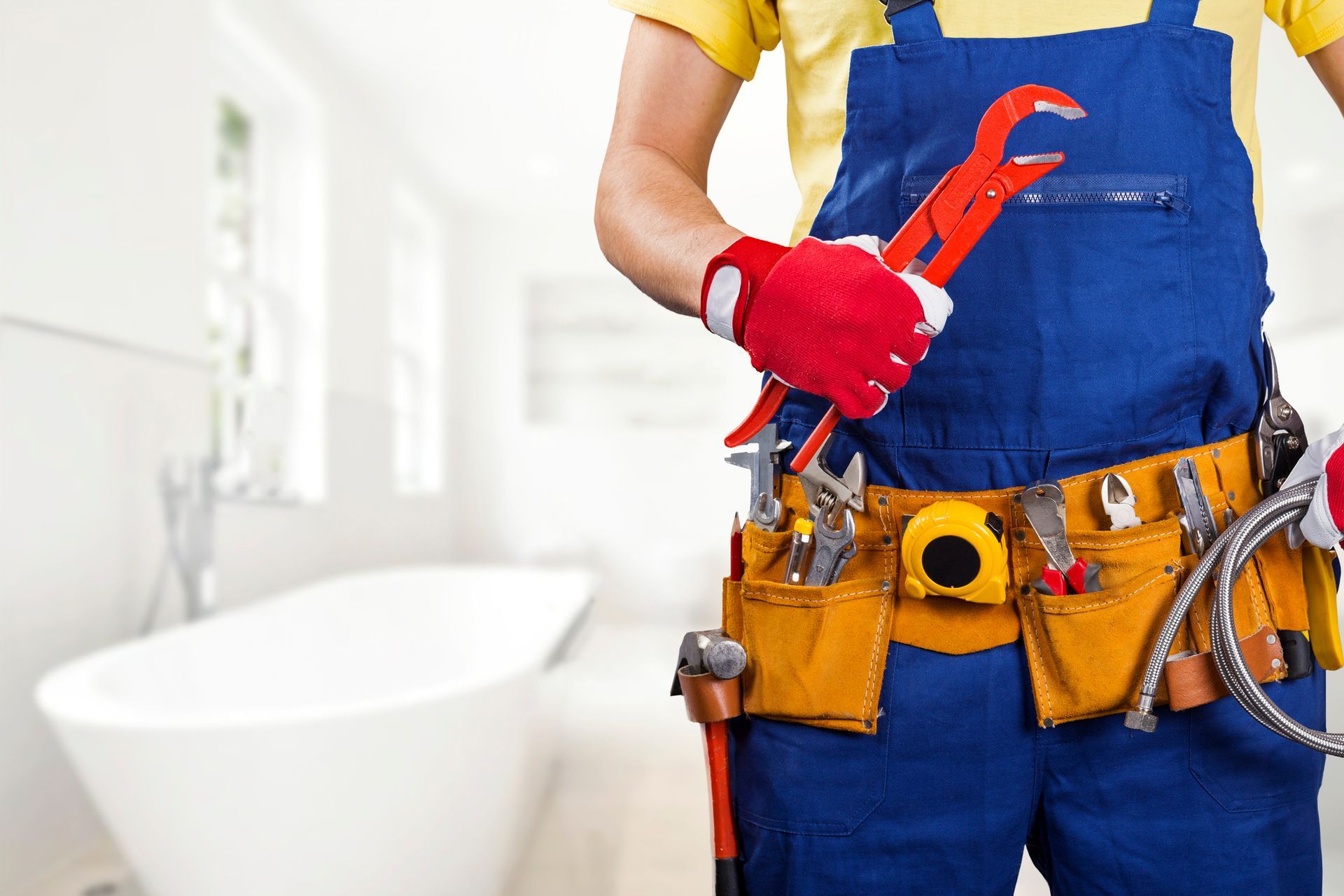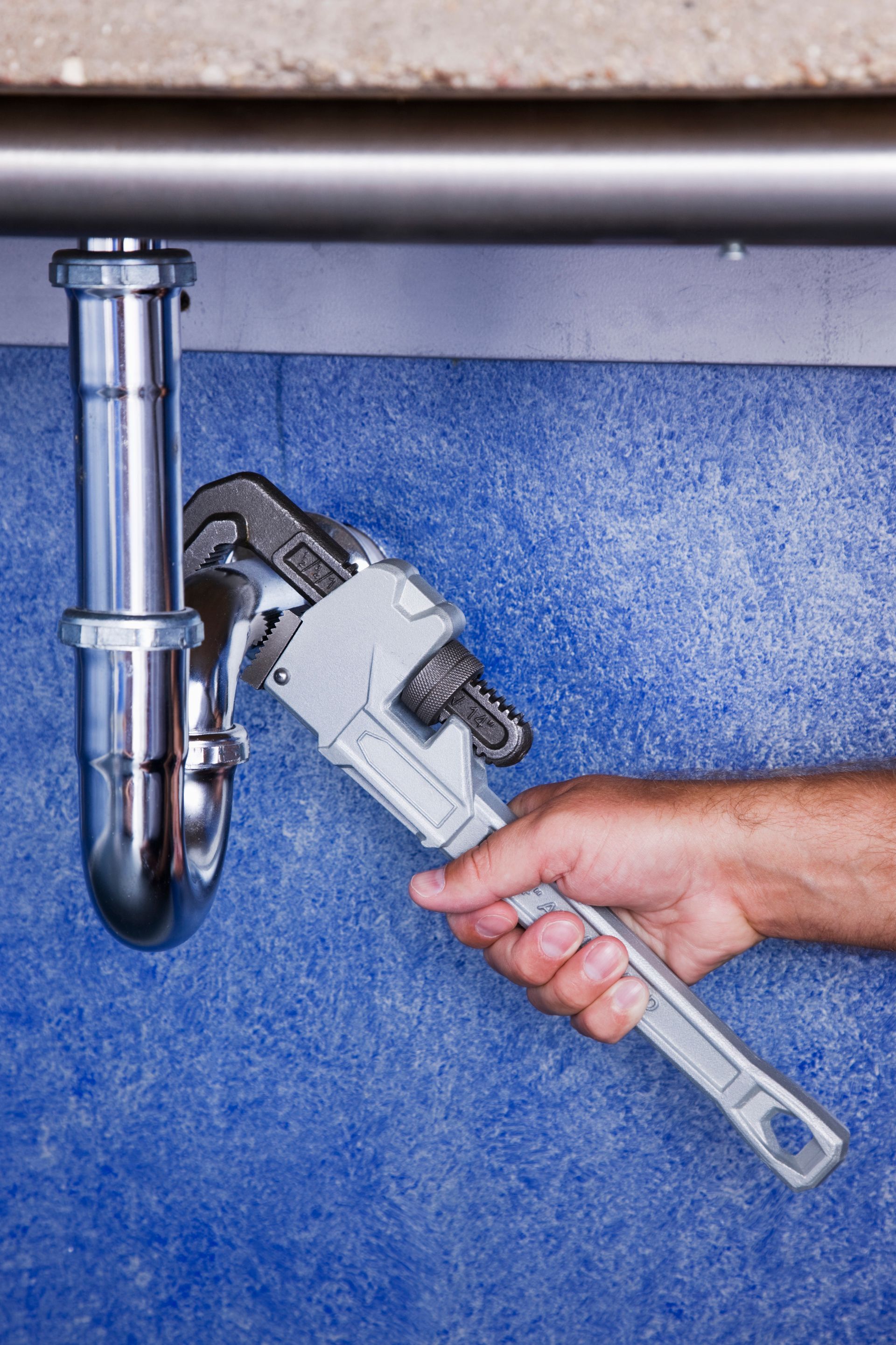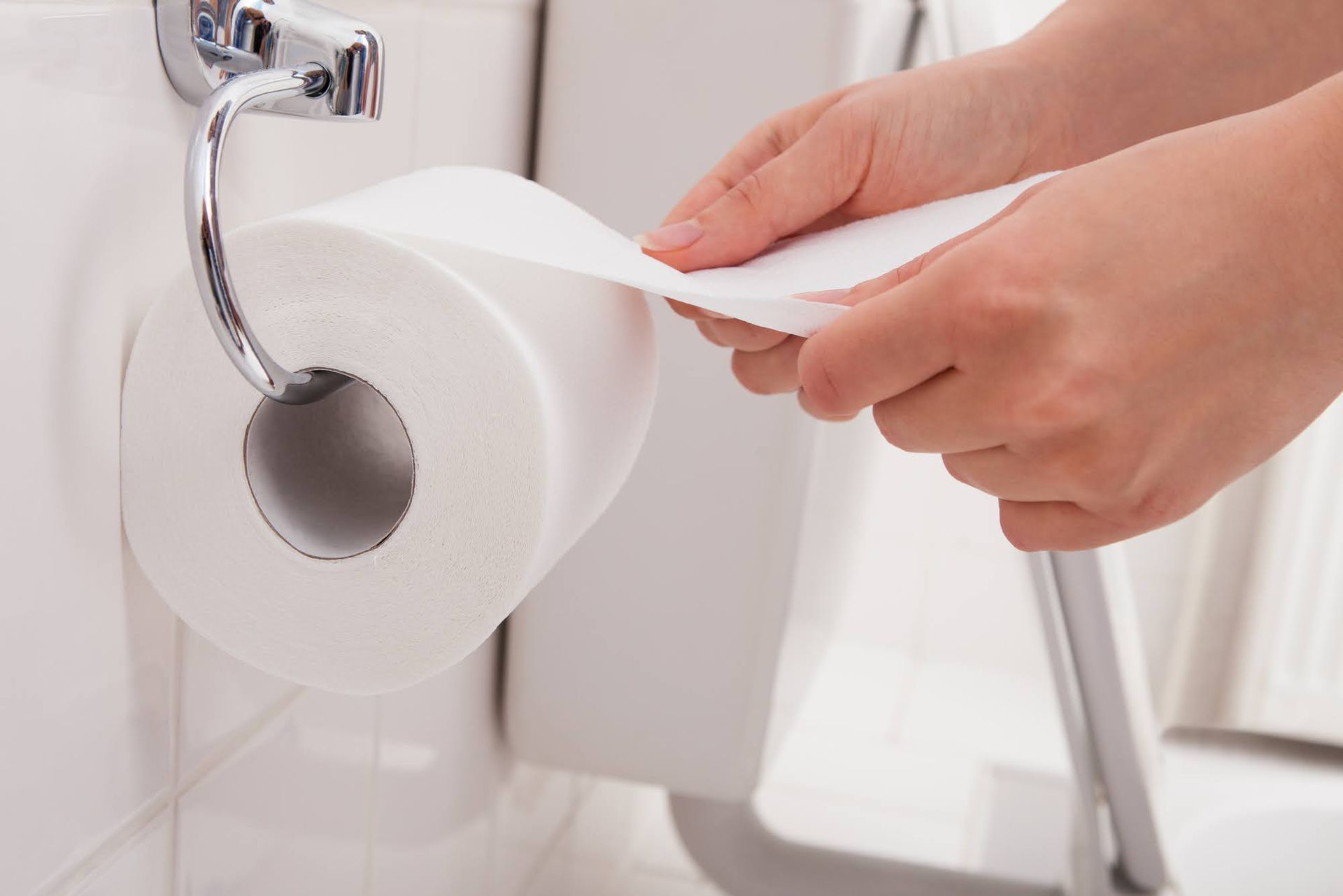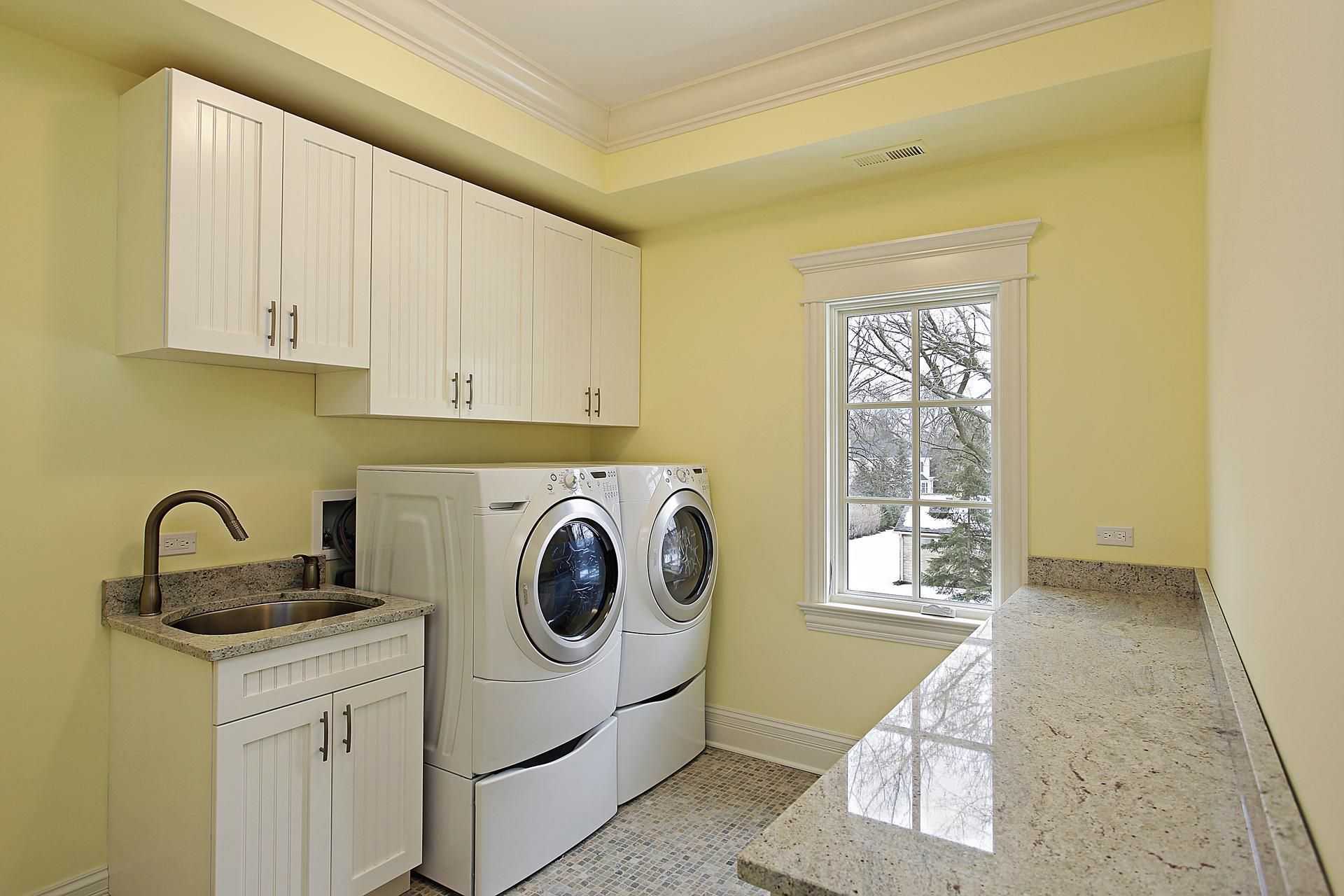Blog
What Pipes Should You Replace in Your Home?
An
old adage states, "if it ain't broke, don't fix it." While
this advice may hold true in many circumstances, your home's plumbing
system should be under constant evaluation for necessary repairs and
updates. Be proactive in preventing damage so you do not allow
plumbing pipes to fail before you address deterioration or defects.
A failed pipe could lead to increased utility costs and flooding that may damage the construction materials used to build your home. Pipe replacement is something that many homeowners overlook, but you could have some pipes within your home that pose a threat to the health and safety of your family.
Take the time to consider replacing these pipes as quickly as possible to maintain access to a reliable plumbing system.
Lead Pipes
Lead is one of the more malleable and stable metal alloys available. These properties seem to suggest that lead is a good candidate for plumbing pipes, but lead can actually be quite toxic.
A surprising number of older homes may still have lead pipes or lead solder within their plumbing systems. The United States banned the use of lead solder in 1986 , so homes built prior to this date may have lead in their plumbing systems.
You can conduct a quick check to see if your pipes have lead by using a screwdriver to gently scrape at the exterior pipe wall. If the metal feels soft and appears to be shiny beneath the scratched area, the pipe is probably lead.
Call in an experienced plumber as quickly as possible to replace lead pipes so that your family will not have exposure to the potential health risks associated with lead.
Polybutylene Pipes
The banning of lead pipes created the need for an affordable alternative. The plumbing industry turned to polybutylene pipes as a replacement option for lead in residential plumbing systems. Unless your home is a new construction, you will probably find polybutylene pipes near your water heater and extending from the walls to sinks and other wet fixtures.
Polybutylene pipes do not pose a health risk, but they could fail prematurely. This premature failure will end up often having a significant negative impact on your bank account as you have to pay for water damage restoration and pipe replacement.
The oxides in municipal drinking water supplies can cause polybutylene to become stiff and brittle. Stiff and brittle pipes are not able to flex as the soil around them expands and contracts, resulting in a cracked or burst pipe wall. Have your plumber inspect for polybutylene pipes and replace these pipes quickly to avoid a serious plumbing disaster in the future.
Aging Pipes
Regardless of the material from which your plumbing pipes are, they will not last forever. All materials will begin to deteriorate over time. You need to verify when the pipes within your home were installed so that you can monitor the age of your plumbing system.
Ask your plumber to help you identify the expected lifespan for your pipe materials, and then compare this number with the age of the pipes. Any plumbing system reaching the end of its usable lifespan should have new pipes as a proactive measure to prevent water damage in the home.
The plumbing system is one of the most important systems in your home. Without access to quality and functional pipes, your plumbing system will be unable to perform efficiently.
Contact Complete Plumbing to determine if old, damaged, or deteriorating pipes may be the root cause of your water woes, and then replace lead, polybutylene, and aging pipes as soon as possible. We look forward to hearing from you.
Installation
Services
and Military Discount



